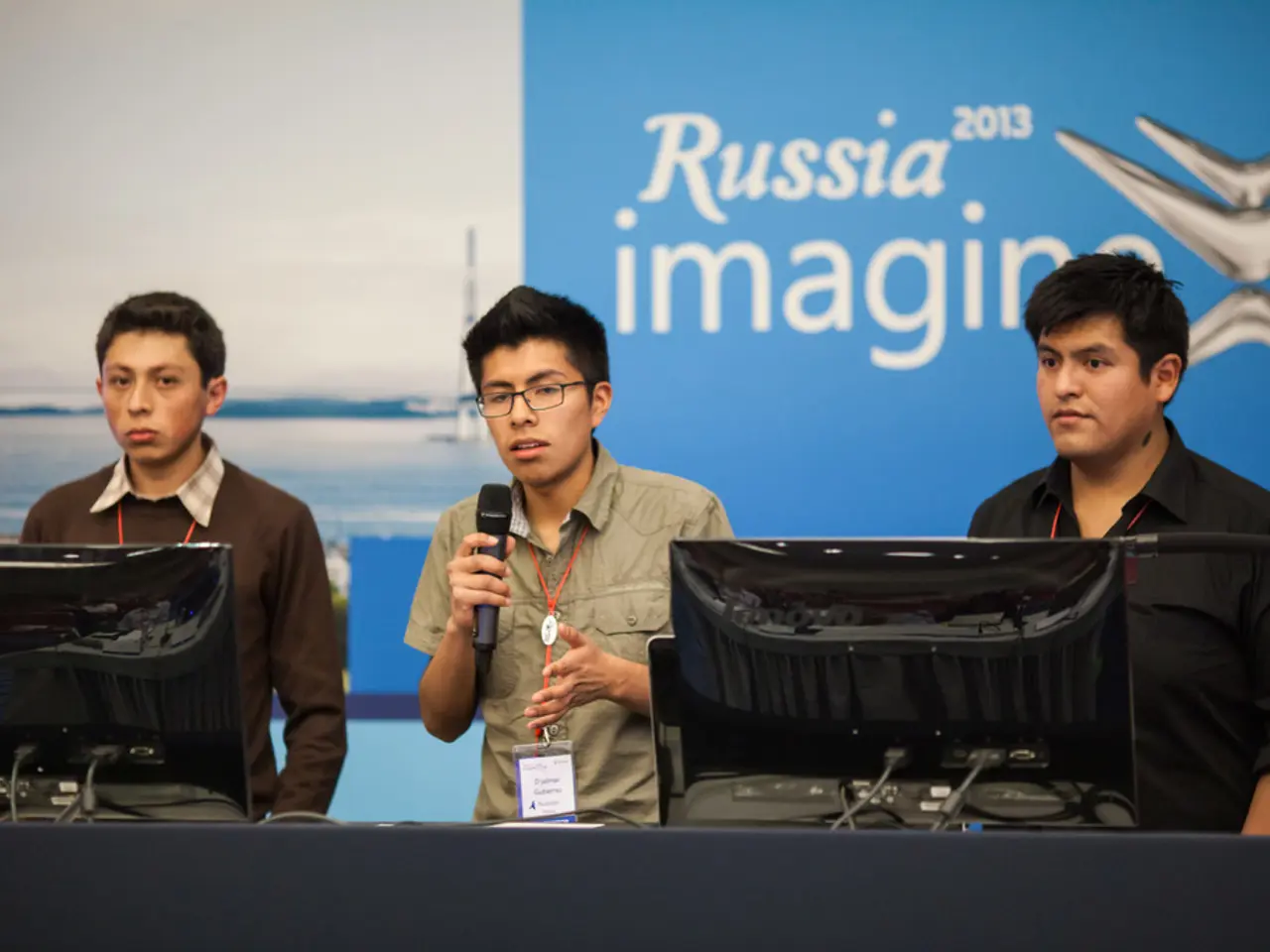Revealed at GITEX Nigeria 2025: The Major Challenges Obstructing Nigeria's AI Aspirations
In a significant move towards embracing Artificial Intelligence (AI), Cisco and Carnegie Mellon University Africa have jointly published a whitepaper, titled "AI and the Workforce in Africa: Realizing the Region's Potential Through Public and Private Sector Collaboration." The report advocates for flexible regulation through sandboxes, emphasizing the urgency of equipping people with AI skills.
The whitepaper proposes collaboration among government, business, and academia to strengthen Nigeria's future AI landscape. It highlights the need for regulatory flexibility, skilled workforce development, and cybersecurity measures to ensure the responsible use of AI.
Progress in addressing these issues is underway, albeit gradually. Cloud infrastructure is bridging the gap in the short term, but the long-term vision lies in local data centers and on-premise solutions. However, challenges remain, such as the scarcity of Graphics Processing Units (GPUs), critical chips for AI training and deployment. Nigeria currently has approximately a thousand GPUs.
Dr. Oluwatobi Olabiyi, the Director of AI Engineering at NVIDIA, has identified the scarcity of GPUs as a significant bottleneck for AI startups. Beyond hardware limitations, access to funding, skilled developers, regulators, and cybersecurity experts are major issues.
Cisco has been actively addressing these challenges. The company's Networking Academy program has trained over 1.6 million Africans in areas including AI, cybersecurity, and entrepreneurship. Cisco has also been focusing on policy guidance, cybersecurity, and digital skills in Africa.
Kashifu Inuwa Abdullahi, the Director General of NITDA, has called for Public-Private Partnership (PPP) in infrastructure development. Discussions are ongoing with the Ministry of Communications, Innovation, and Digital Economy in Nigeria to establish new Cisco centers in Abuja, expanding on existing hubs in Lagos.
The Gulf Information Technology Exhibition (GITEX) kicked off in Abuja, Nigeria this week, serving as a platform for these discussions. The event highlighted many pain points in Nigeria's AI readiness, including GPU access, regulations, and digital skills. The conversations at GITEX Nigeria 2025 signaled a new seriousness in Nigeria's approach to AI, with a focus on infrastructure challenges in the AI era.
Nigeria's Minister of Communications, Innovation, and Digital Economy, Bosun Tijani, launched the country's National AI Strategy in April 2025. Tijani noted that Nigeria needs to invest in an AI strategy to compete with other countries. The new strategy aims to address these challenges and propel Nigeria towards a prosperous AI-driven future.
Read also:
- visionary women of WearCheck spearheading technological advancements and catalyzing transformations
- A continuous command instructing an entity to halts all actions, repeated numerous times.
- Oxidative Stress in Sperm Abnormalities: Impact of Reactive Oxygen Species (ROS) on Sperm Harm
- Genetically manipulated rabbits sprout ominous black horns on their heads








